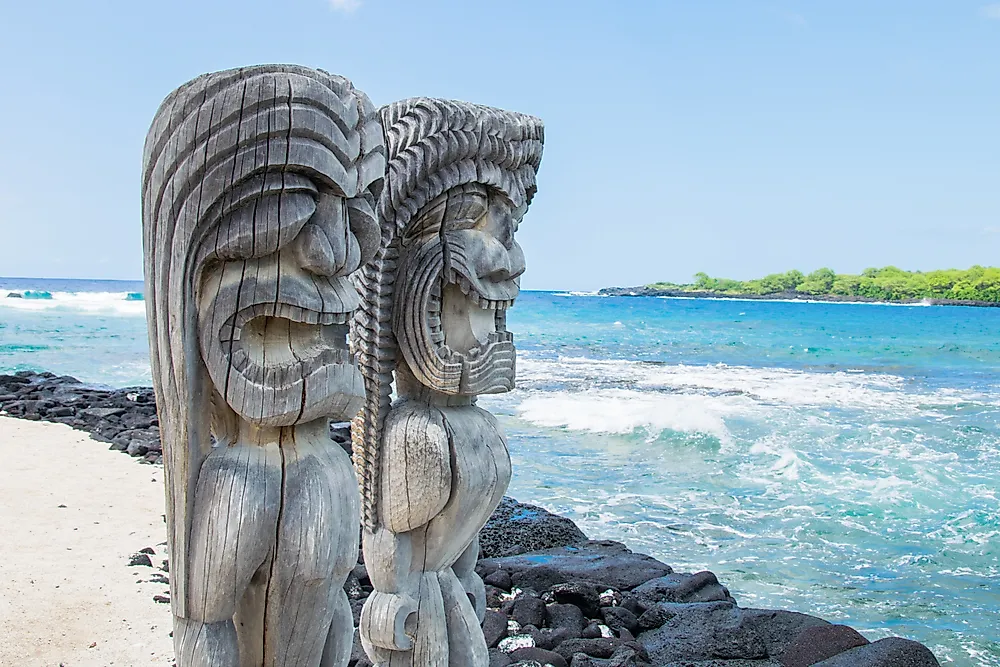Religious Beliefs In Hawaii

Hawaii is the 50th and the most recent constituent state of the United States having been admitted in August 1959. It comprises a group of volcanic islands in the central Pacific Ocean. Hawaii is the only state located outside North America, and the only located in Oceania. Albeit being the eighth smallest state, it is the 13th most densely populated state with a rich mix of culture. It is believed that the Hawaiian population comprises of Polynesians who migrated from the Marquesas Islands between the 4th and 7th centuries. Following their Polynesians ancestry, 51% of the Hawaiian population is not affiliated to any religion.
History of Religion in Hawaii
The Polynesians worshiped nature and saw its forces manifested in a municipality of forms to which they ascribed godlike powers and animistic philosophy. As an indigenous culture, the Polynesians largely focused on natural forces such as tides, the sky, volcanic activity, and man's dependence on nature for subsistence. The four major early gods worshiped by native Hawaiians encompass Kū, the god of war and male pursuits, Kāne, the god of creation, Lono, the god of peace, rain, and fertility, and Kanaloa, the ocean god. The gods took the form of idols made from wood, feathers, and stone. The eyes were made from shells while the mouth was fitted with dog teeth and left gaping. The majority of the people had small figures made of woven basketry and covered in red and yellow feathers taken from specific forest birds by men whose work was to roam in the forests in search of the birds.
Missionaries arrived in Hawaii in the early and mid-19th century and converted the native Hawaiians to congregational Christianity. Christianity became the most widespread religion in Hawaii with Catholics being the highest population of Christians followed by Protestants.
In the ensuing centuries, the religious makeup of Hawaii experienced dramatic changes. Ethnic groups arriving from Asian countries, mainland USA, Europe, and other Oceania countries brought along diverse religious beliefs. Major and minor denominations including Adventists, Baptists, Christian Scientists, Catholics, Episcopalians, Jehovah’s Witnesses, Lutherans, Mormons, Unitarians, the Salvation Army, Buddhism, Confucianism, Taoism, Shintoism, and Islamism exist in the country.
Present Day Religion in Hawaii
Notwithstanding the diversity of religious cultures in the country, nearly half of the Hawaiian population is not affiliated to any religious group. Today, agnostics, atheists, humanists, and the irreligious have taken over the country in the wake of religious oppression in the world. Loss of faith in the old gods coupled with immense influence from the United States and European lifestyles, and ardent interests in learning how to read and write brought about the adoption of Christianity by many Native Hawaiians. The importance of Hawaii and a base for all military branches of the US army leads to the continuous inflow and outflow of military personnel and their dependents in and out of Hawaii thus influencing the religious affiliation of the population. Moreover, even with the diverse religious groups, a vast majority of the native Hawaiian population still practices Polynesian religions as a co-religion.











